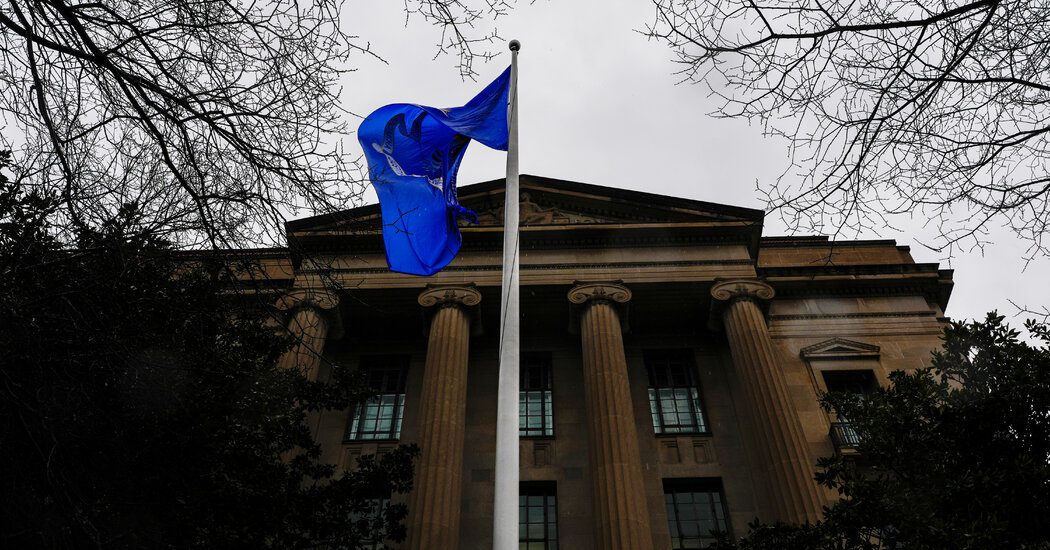
During a tense videoconference, the possibility of widespread firings hung unaddressed among the members of the meeting. On Friday morning, Emil Bove III, the acting deputy attorney general, convened the team from the Justice Department’s public integrity section to discuss a critical matter. He requested that two lawyers come forward to approve the motion to dismiss corruption charges against New York City Mayor Eric Adams.
Previous discussions with the section’s supervisors had not gone well; three supervisors chose to resign rather than abandon a significant criminal case due to overt political motivations. In total, seven prosecutors opted to leave their positions to avoid what they viewed as a profoundly unethical move.
Mr. Bove provided his team with an hour to contemplate their decisions. The approximately twenty lawyers present on the call felt unsettled, recognizing that their choices could significantly impact their agency’s integrity and morale. Some had even prepared resignation letters in advance. Ultimately, a senior lawyer stepped up to sign the request, aiming to protect his less-experienced colleagues.
This article, derived from interviews with sources familiar with these events, offers an in-depth look at that critical hour. It underscores the resolve of appointees from the Trump administration to push through directives that conflicted with established professional standards of career attorneys and posed a challenge to the department’s autonomy. On the condition of anonymity, all sources expressed concern about potential repercussions.
Mr. Bove argued that calling for the dismissal of Mr. Adams’s corruption case had to do with the political implications of his indictment occurring roughly nine months before the city’s primary election. He asserted that protecting a mayor interested in assisting deportation efforts of undocumented immigrants was more important than pursuing bribery convictions. He further indicated, according to the relevant court filings, that "continuing these proceedings could hinder the defendant’s capacity to govern New York City, thereby posing unacceptable risks to public safety, national security, and federal immigration policies."
Both Mr. Bove and Attorney General Pam Bondi defended the decision to drop charges against Mr. Adams, positioning it as part of a broader initiative to halt what they described as the "weaponization" of the department by checking the Biden administration’s perceived overreach. The Justice Department has not provided a comment on this matter.









